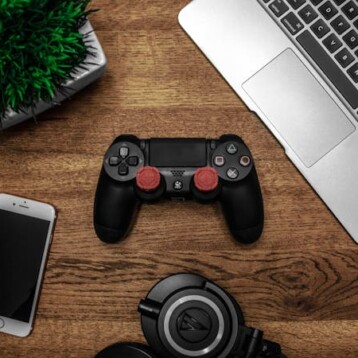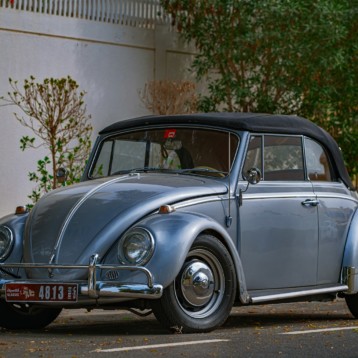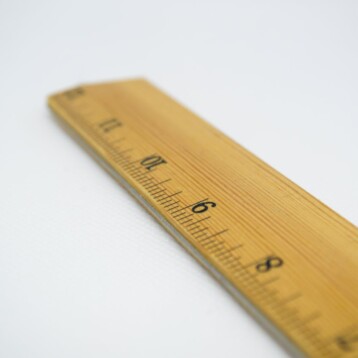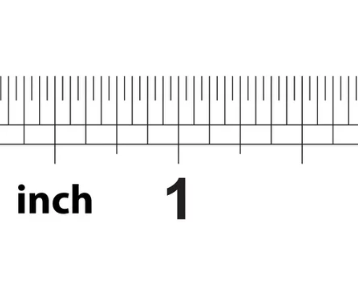One discovers that 100 grams is often a standard and very practical reference for weight measurement for foods, grocery items, and even small domestic supplies. Most of the time, you encounter caloric measurements as per 100-gram serving size or want to gauge that amount in a recipe, shipment, or elsewhere. The bottom line is that in practical life, one needs to have a sense of how much 100 g weighs and looks like in its spatial surroundings.
So, how does one know what 100 grams looks like without access to a scale? Below, you will find a list of common objects and can estimate how much 100 grams weighs:.
This guide is full of practical, hands-on examples you can relate to, with some fun trivia as well. In fact, if you ever need to calibrate a small scale, these items are quite useful!
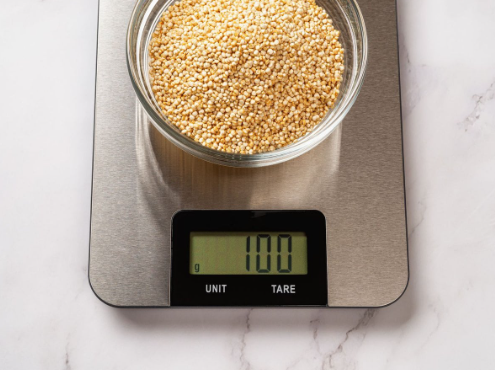
How Many Grams Are In 100?
Before proceeding with our list, let’s first understand what 100 grams means in terms of other units.
- 100 g = 0.1 kg
- 100 g = 0.22 lbs.
- 100 g = 3,53 ounces
Now, let’s look at a few commonly used things that weigh close to or exactly 100 grams!
1. A Pocket Knife
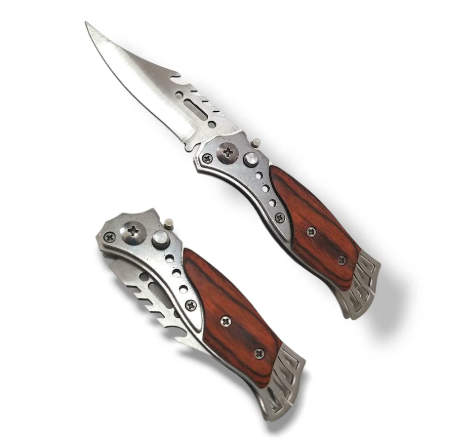
The ubiquitous pocket knife, despite its small size and flexibility of application, is astonishingly near to our 100-gram benchmark. Several pocket knives, especially the one with a 3-inch blade and 4-inch plastic or synthetic handle, weigh about 99 to 100 grams. This would depend on materials and additional features such as added tools, but a lightweight knife generally weighs close to 100 grams.
For the more particular, an average pocket knife weighs between 28 and 453 grams; however, the most popular weight for daily utility is 100 grams.
2. New Born Kitten

Nothing is cuter than a little newborn kitten, and for this example, it’s also perfectly something that weighs around 100 grams! A healthy kitten that is born recently weighs between 80 to 100 grams or about 3.5 ounces. It is awesome thinking that this little creature will double its weight just after a week, which will begin growing and opening their eyes.
Also Read: How Big Is 9 Inches? 10 Common Things That Are 9 Inches long
3. Coins: 20 Nickels
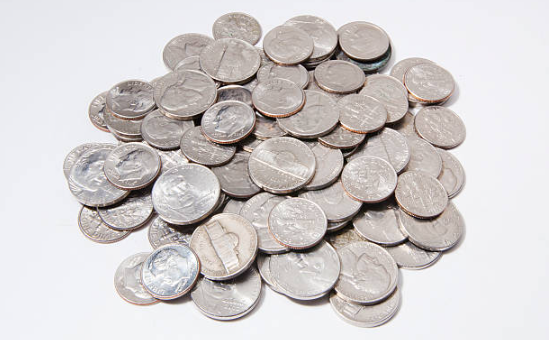
For those who want an accurate measurement, the coins serve as the perfect measuring scale. In the US, the nickel has 5 grams exactly, so piling 20 of these together gives you 100 grams exactly. UK readers can pile 20 pence coins too, as these also weigh 5 grams. The coin has an exact weight and could come in very handy if you need to know 100 grams spot on where you are standing.
4. A Box of Paper Clips
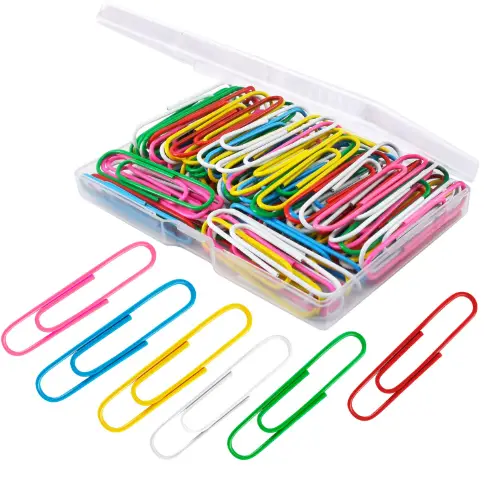
This can be made office-themed and then more accessible. To do so, consider the use of a box of standard paper clips as a means to measure 100 grams. Most paper clips are 1 gram each. Thus a box that holds 100 should weigh close to 100 grams, depending on how light or heavy the box might be.
This item is perfect for workspaces or classrooms because it is often available there and makes for a convenient, makeshift weight reference.
Also Read: How Long is 2 Inches? 10 Common Things That Are 2 Inches long
5. Universal Glue
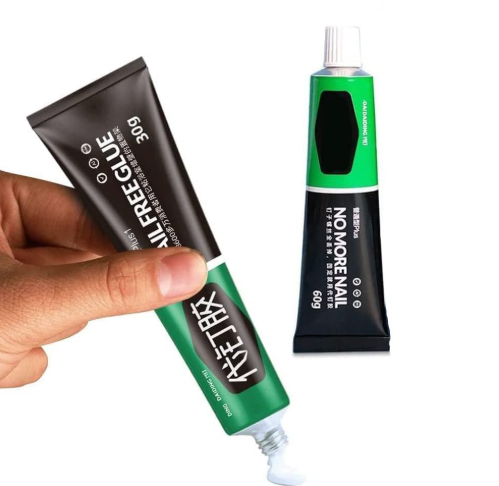
Most people have glue in their homes. Most general-purpose adhesives are sold in handy 100-gram tubes. Brands like Fevicol and Pritt have glue packs in various sizes, but 100 grams is the size mostly available in craft kits and school supplies. Even if the weight of the packaging itself adds a few grams, a full tube of glue can be used as a close-to-100-gram reference if needed.
6. A Kiwi Or A Small Avocado
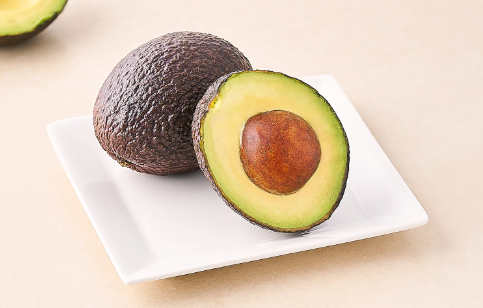
When in the kitchen, some fruits can even give you an idea of 100 grams. A large kiwifruit weighs between 100 and 120 grams, so that’s a good starting point. Smaller avocados, about size 84, weigh approximately 100 grams each. Fruits like these, especially when bought individually, give you a familiar and accessible way to estimate weight without a scale.
Also Read: How Long Is 12 Inches? 10 Common Things That Are 12 Inches Long
7. A Medium Banana
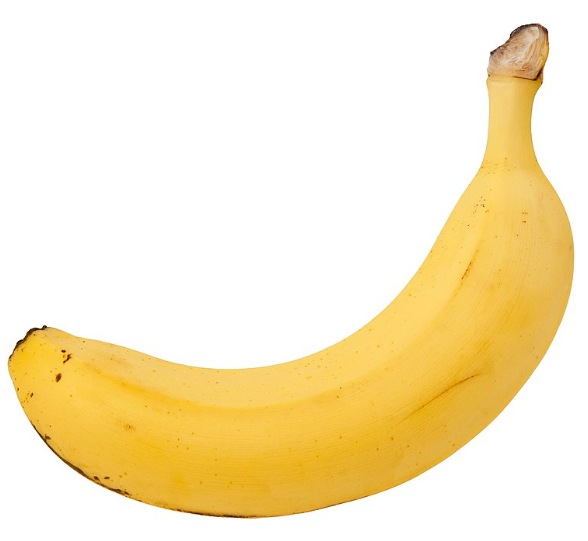
One example would be the banana: commonly found inside most households and can approximate 100 grams. Indeed, a wide range exists in terms of banana sizes, but for a length of 7 inches long, they should approximately weigh 120 grams-a good point above the 100 gram mark. Using such a rough guess, one might use this handy banana reference, at least while at home where recipes would more likely serve as reference for cooking measures.
8. Two Medium Eggs
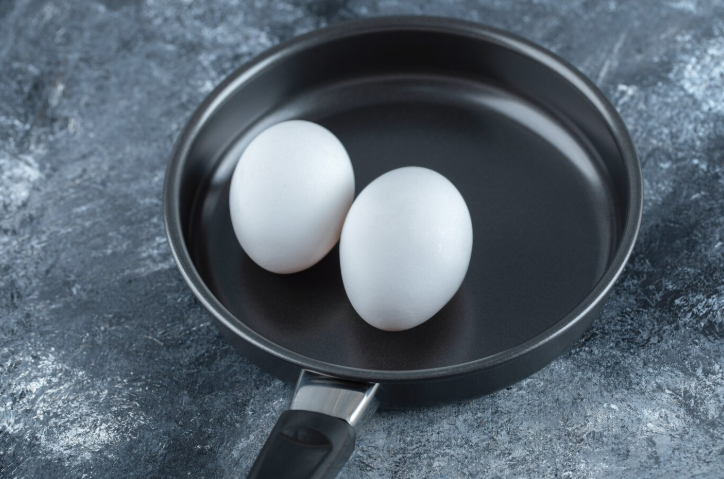
Eggs are always kept in the pantry and come in various sizes, so referring to them is easy. A medium egg weighs, on average, about 50 grams, so two medium eggs will add up to around 100 grams. If you like boiled eggs for easier handling, this is a great option for a very practical weight reference.
When buying eggs, check the weight per dozen on the carton label. This is a bit variable. In a 21-ounce carton of a dozen eggs, every egg would weigh approximately 50 grams, so two eggs would be the perfect 100-gram marker.
Also Read: How Long is 15 CM? 9 Common Things That Are 15 Centimeters Long
9. 100 g Sugar or Salt
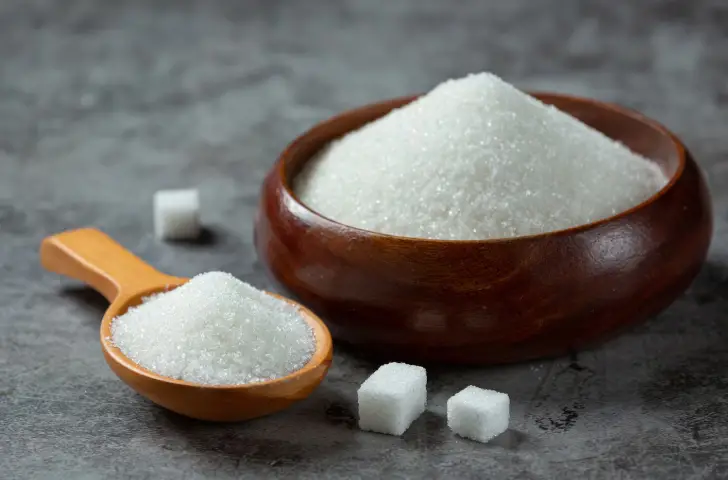
Sugar and Salt are two standard items in all recipes, and the exact amount of these condiments is necessary to make or break a recipe. Hence the idea of 100g in this regard is particularly important.
Now, for instance, a half cup of powdered brown sugar is about exactly 100 grams, and the same measurement applies to salt and sugar since both are readily available in almost every kitchen.
10. Apple Magic Mouse
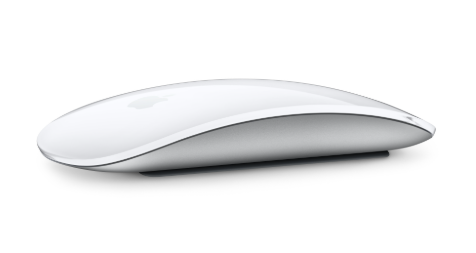
For a tech-related example, the Apple Magic Mouse weighs about 100 grams, making it a lightweight yet substantial tool for daily use. Most Apple mice are nearly identical in weight and designed for portability. This consistent weight makes them an unexpected yet reliable reference if you’re away from the kitchen or garage and need a quick way to estimate 100 grams.
Also Read: 12 Everyday Things That Are 2 Centimeters Long
Conclusion
The list above can include some objects in your house, office, or grocery for a weight close to 100 grams. Though the weights tend to vary according to brand, make, and even variety, each object makes a useful in-context comparison. In trying to calibrate your scale or attempt to develop an intuition for common weights, you can go right with using the examples above.


